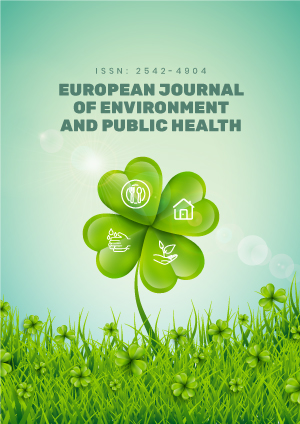Abstract
Background: Digital health literacy and quality of life association with perceptions about the disease COVID-19 in public health services may have been little studied to date to examine socio-demographic parameters.
Materials & methods: This research was conducted using self-report about digital health literacy, and quality of life questionnaires to participants attending in the Hippocrates Hospital Athens Greece (n=167). Initially, participants were asked to answer questions regarding the impact of the COVID-19 pandemic. The data of the study were analyzed using SPSS 26 IBM.
Results: Study’s findings from has to do with the role of age. People who are younger in age seem to be more likely to think that quality of life is just a flu-like illness and generally harmless. In addition, the stronger the perceived impact of the pandemic, the higher the digital health literacy of the participants.
Conclusions: The findings of this study regarding the relationship between socio-demographic variables and the examined parameters are in line with previous literature. Moreover, this study highlights the central role of digital health literacy in relation to the perception of the severity of the situation during quality of life associated with pandemic.
License
This is an open access article distributed under the Creative Commons Attribution License which permits unrestricted use, distribution, and reproduction in any medium, provided the original work is properly cited.
Article Type: Research Article
EUR J ENV PUBLIC HLT, Volume 8, Issue 1, 2024, Article No: em0153
https://doi.org/10.29333/ejeph/14150
Publication date: 25 Jan 2024
Article Views: 2009
Article Downloads: 1321
Open Access References How to cite this article
 Full Text (PDF)
Full Text (PDF)